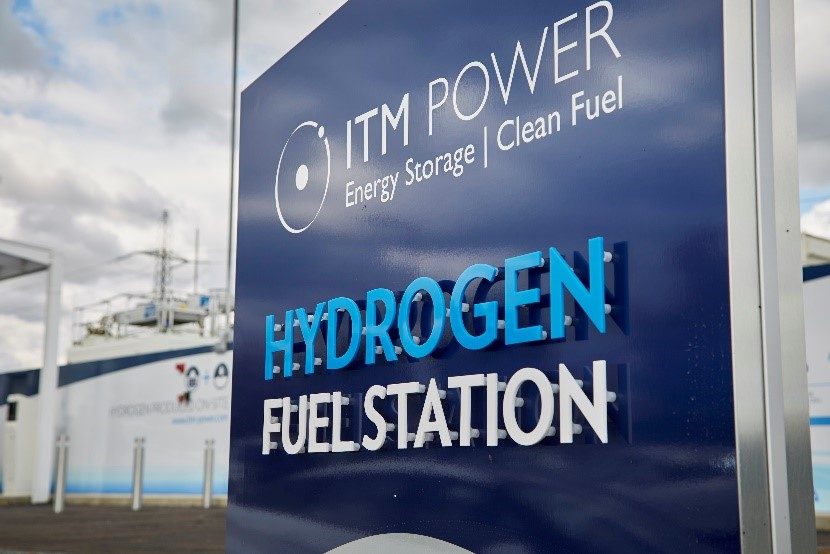- Client: EC - DG Research and Innovation
- Implementation period: July, 2019 - December, 2019 (Ongoing)
- Geographic coverage: European Union
- Theme: Energy, Environment
- Topic:
- Experts: Matthew Smith, João Gorenstein Dedecca, Natalie Janzow, Liliana Guevara Opinska, Frank Gérard
Can an institutionalised partnership effectively promote the deployment of hydrogen technologies in power, industry and transport?
The Fuel Cell and Hydrogen Joint Undertaking (FCH 2 JU), part of the EU’s Horizon 2020 framework since 2014, was created to explore hydrogen’s potential role in a cleaner energy system for Europe and to organise and consolidate research funding and objectives. Industry representatives, scientists, engineers and policy makers have outlined how hydrogen can help to decarbonise key sectors and recommended strategies that policy makers can adopt to support hydrogen deployment throughout Europe.
The EC’s Directorate-General for Research and Innovation is evaluating effective measures through which to sustain its support for hydrogen research and development in Europe under Horizon Europe. To this end, the commission has requested an impact assessment be conducted into the costs and benefits of hydrogen’s entry into EU power, industry, and transport sectors, and the different organisational arrangements for EU research funding for hydrogen from 2024 onwards. The assessment will focus on considering potential adaptations of the FCH JU model into either a co-programmed or institutionalised partnership; it will also consider a base case of calls under Horizon Europe. The study will assess which of these options is expected to provide the most effective, efficient and strategic approach to managing EC contributions and pushing forward the EU hydrogen sector and hydrogen deployment as a whole. The impact assessment is part of a larger study assessing the same question for 12 other potential partnership arrangements in fields spanning from clean aviation to health innovation to digitalisation.
The project is conducted by Trinomics in collaboration with Technopolis (lead), Nomisma, and CEPS. The project will run from May 2019 and will finish by January 2020.

This investigation provided the following preliminary results:
- To analyse the potential costs and benefits of rolling out hydrogen technologies across EU industry, transport, and power sectors;
- To determine the most effective methods through which EC DG RTD can support public and private undertakings in clean hydrogen, with a focus on the role of the FCH JU;
- To contextualise the joint undertaking on clean hydrogen with respect to multiple innovation initiatives overseen by DG RTD.